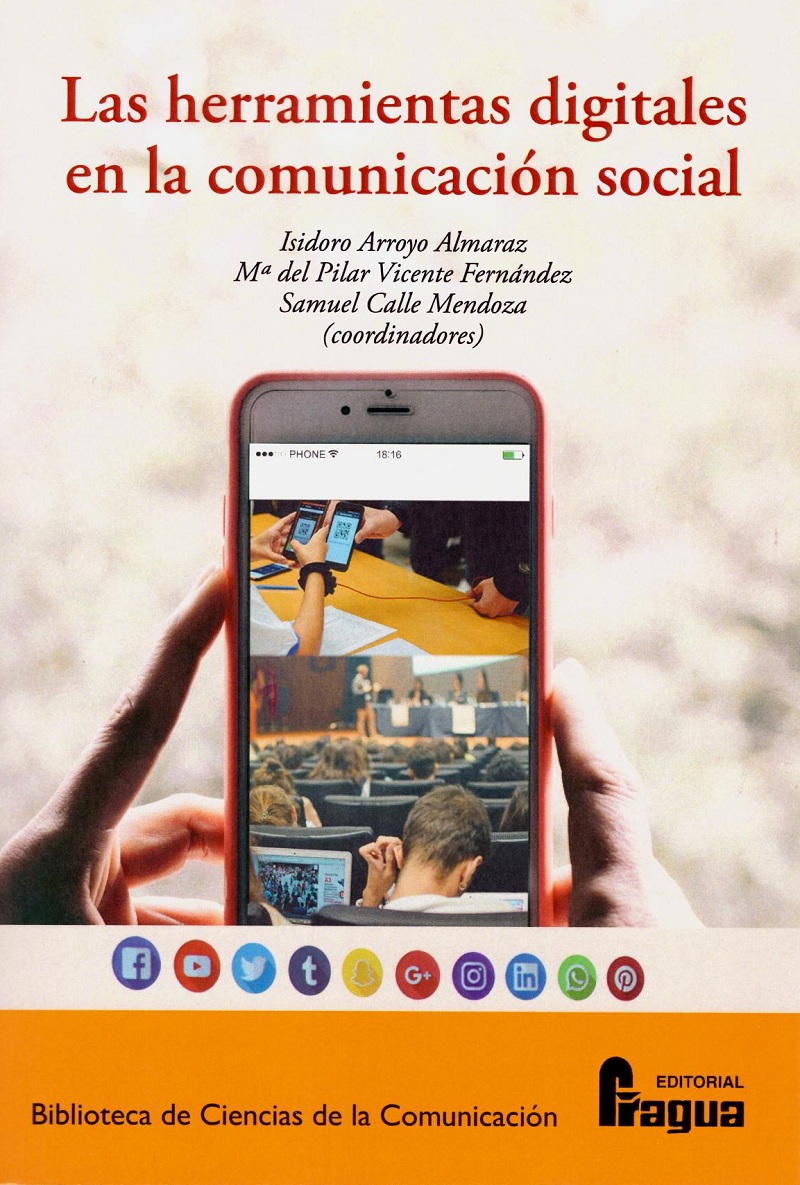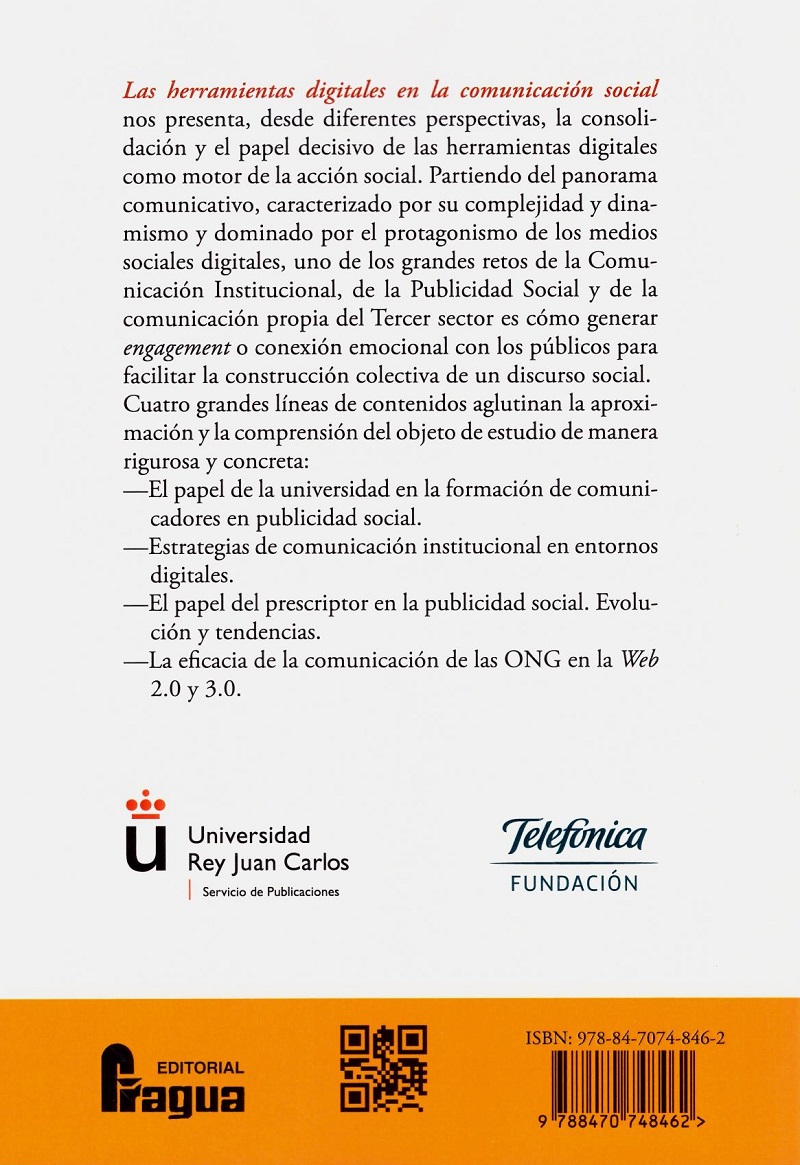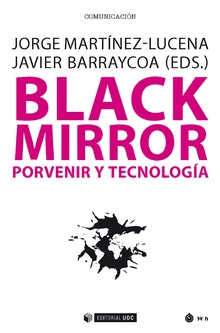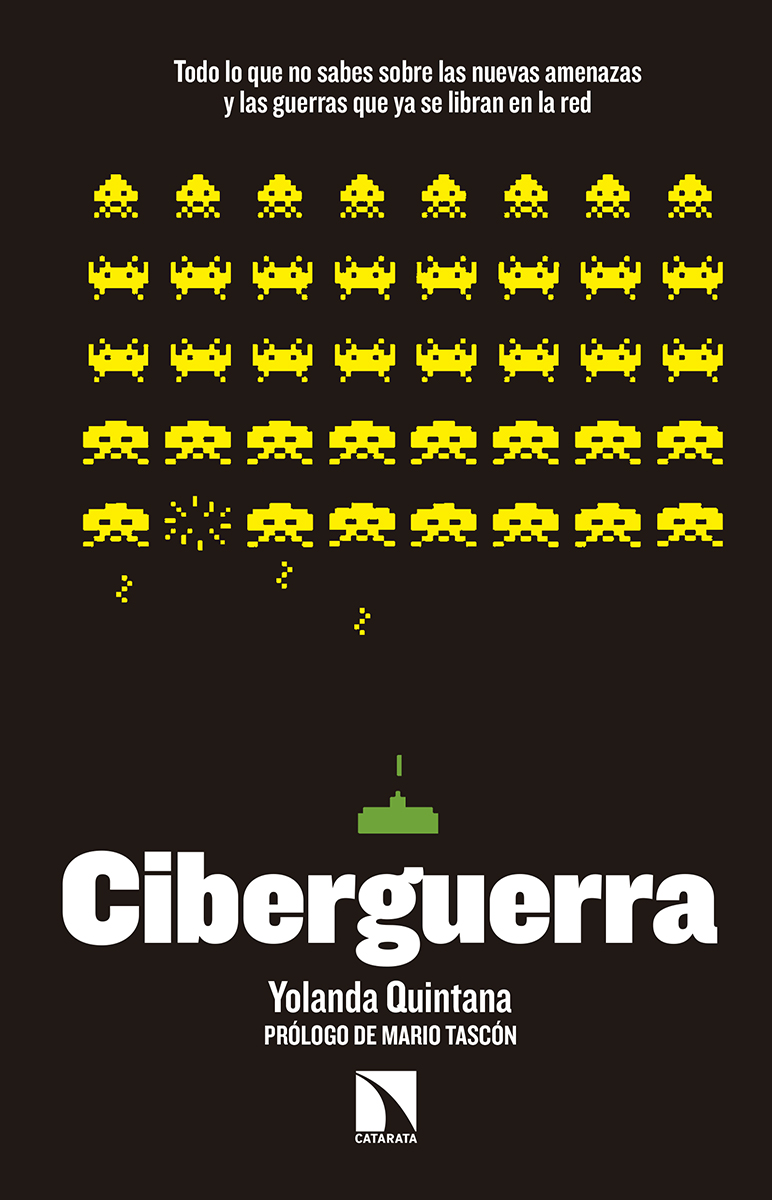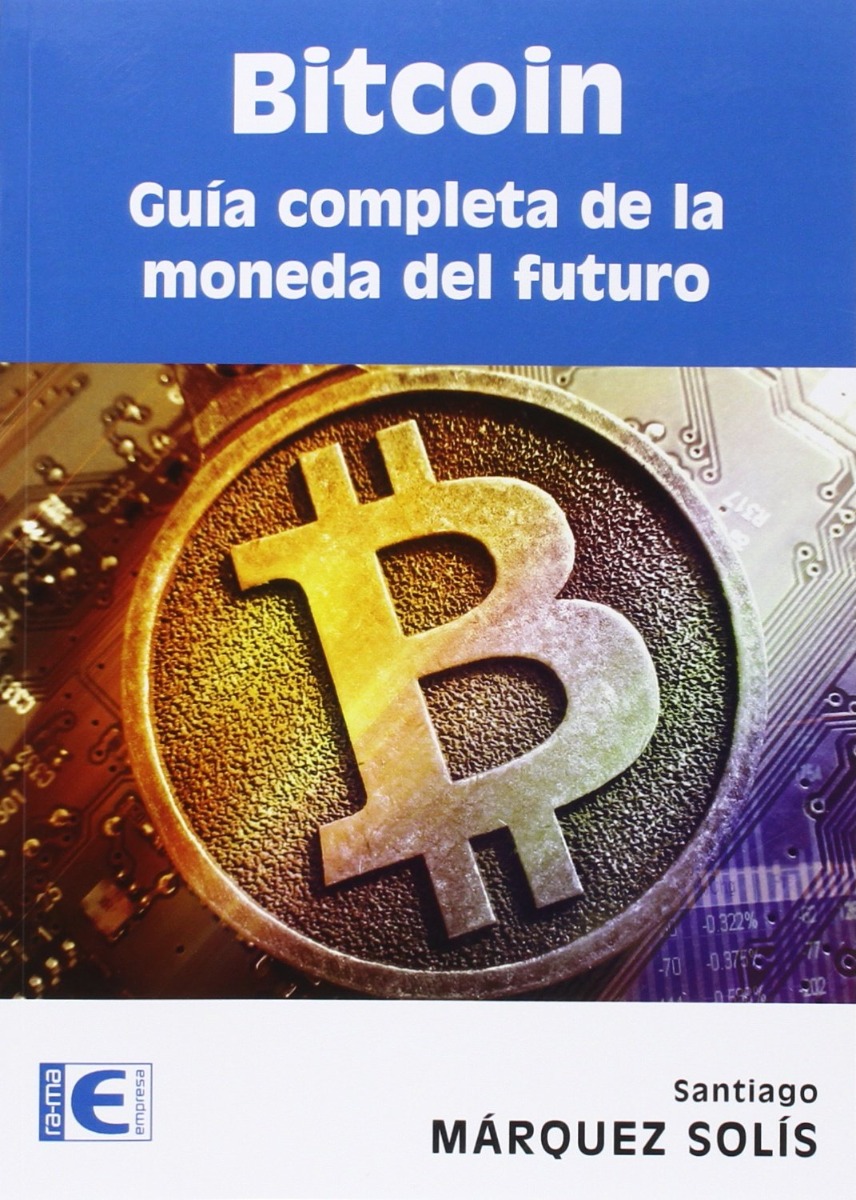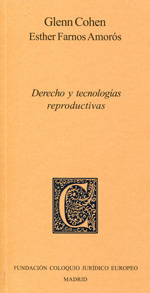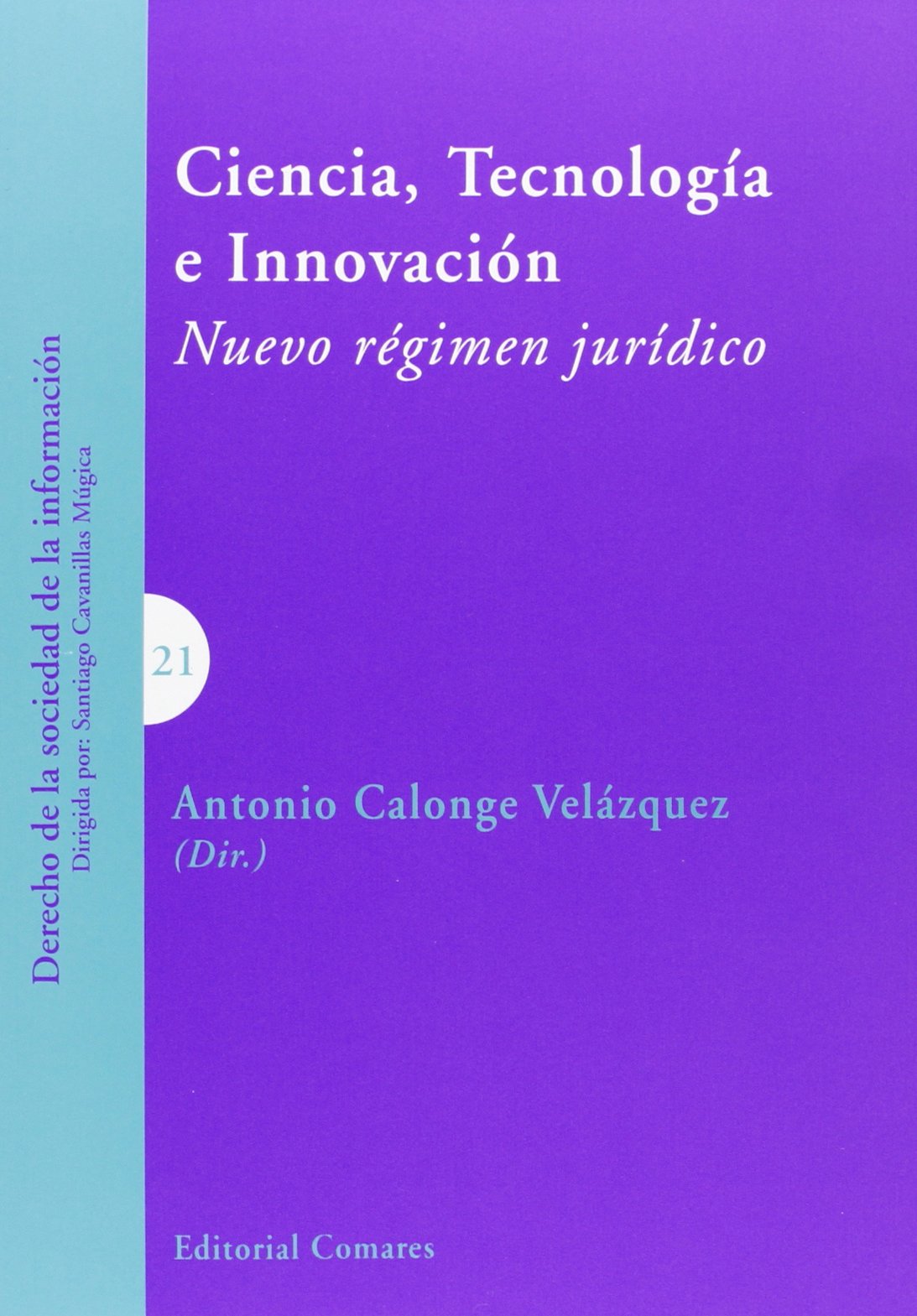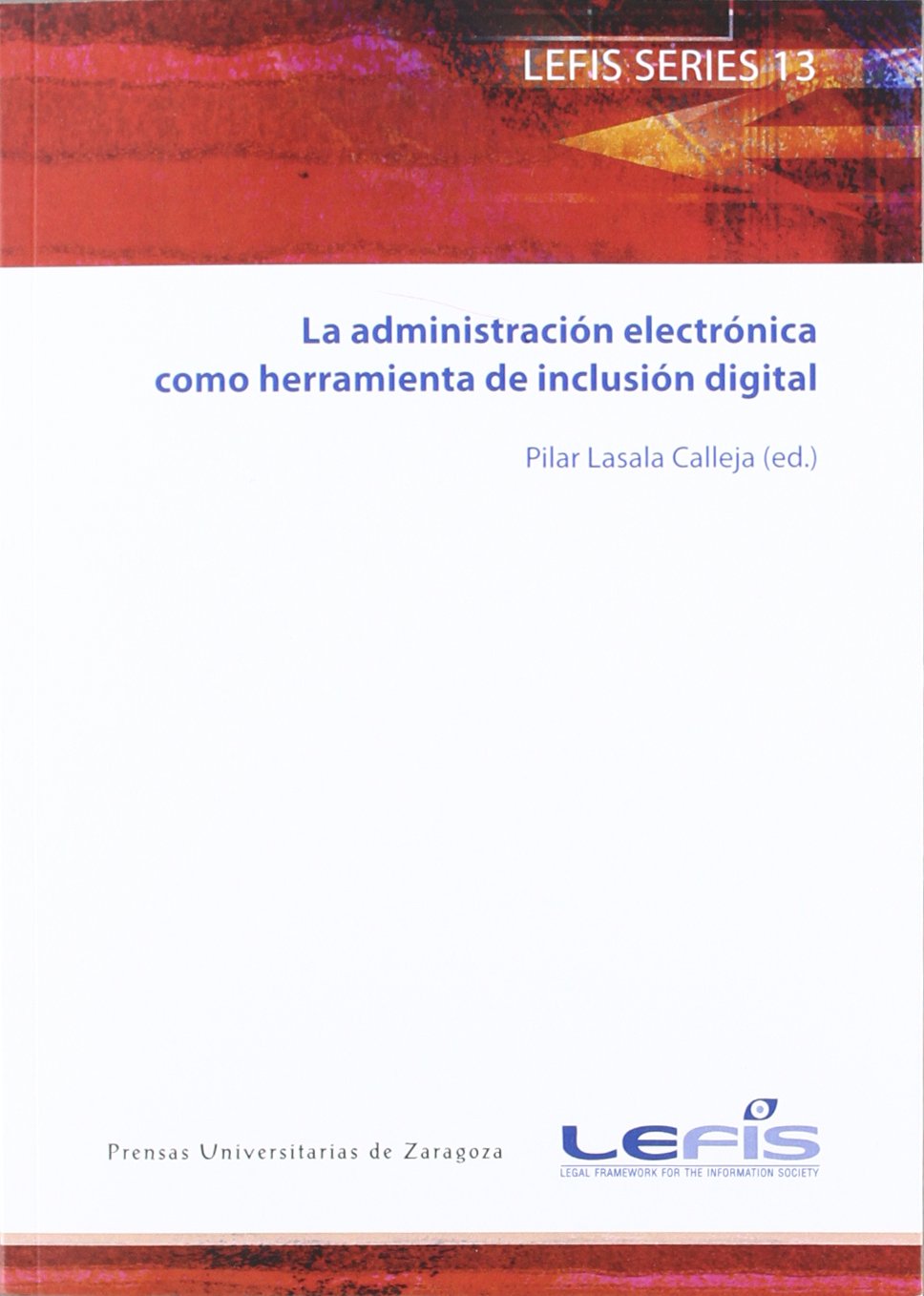La obra nos presenta la consolidación y el papel decisivo de las herramientas digitales como motor de la acción social. Partiendo del panorama comunicativo, caracterizado por su complejidad y dinamismo y dominado por el protagonismo de los medios sociales digitales, uno de los grandes retos de la Comunicación Institucional, de la Publicidad Social y de la comunicación propia del Tercer Sector es cómo generar engagement o conexión emocional con los públicos para facilitar la construcción colectiva de un discurso social. Cuatro grandes líneas de contenidos aglutinan la aproximación y la comprensión del objeto de estudio de manera rigurosa y concreta:
-El papel de La universidad en la formación de comunicadores en Publicidad Social;
-Estrategias de comunicación institucional en entornos digitales;
-El papel del prescriptor en la publicidad social. Evolución y tendencias;
-La eficacia de la comunicación de las ONG en la web 2.0 y 3.0.E
Part I: Publicness and the Public Sphere in the Internet Age
1. Publicness–Privateness: The Liquefaction of «The Great Dichotomy» Slavko Splichal
2. Debunking Deference: The Delusions of Unmediated Reality in the Contemporary Public Sphere Laurence Kaufmann
3. Media, Knowledge and Trust: The Deepening Epistemic Crisis of Democracy Peter Dahlgren
4. Fake Democracy: The Limits of Public Sphere Theory Natalie Fenton
5. Visibility and the Public Sphere: A Normative Conceptualisation Lincoln Dahlberg
6. Refeudalisation Revisited: The Destruction of Deliberative Democracy Graham Murdock
7. Standpoint, Mediation and the Working-Class Public Sphere Dana L. Cloud
8. Dissonant and Disconnected Public Spheres as Challenge for Political Communication Research Barbara Pfetsch
9. A Youth-Driven Virtual Civic Public Sphere for the Arab World Mohammad Ayish
10. Family Feud: Who’s Still Fighting about Dewey and Lippmann? Lana F. Rakow
Part II: Democracy and the Crisis of Public Communication
11. The Crisis of Public Communication, 1995–2017 Jay G. Blumler
12. Democracy and the Internet: A Retrospective Charles Ess
13. Post-Globalisation Terry Flew
14. Modern Political Communication and Web 2.0 in Representative Democracies Petros Iosifidis and Mark Wheeler
15. Revisiting Digital News Audiences with a Political Magnifying Glass Josiane Jouët
16. Translation as Politics Barbara Cassin
17. The Alt-Right as a Community of Discourse Philippe-Joseph Salazar
18. Post-Communism, Democratisation and the Media: (Nearly) Thirty Years On Colin Sparks
19. Putin’s Slangy Newspeak as a Paradox of His Public Communication Tatiana Weiser
20. Digital Media, Contentious Politics and Party Systems in Italy and Spain Víctor Sampedro and Lorenzo Mosca
21. The Detached Observer: On a Necessary Change to the Self-Image of Journalists in the Digital World Horst Pöttker
Part III: Communication and Media Research in Scientific and Social Practice
22. The Double Hermeneutics of Communication Research Klaus Bruhn Jensen
23. Fast-Capitalist Veils from Communication Theory for «The Public» and Its «Discourse» Ed McLuskie
24. Reframing the Paradox of Pluralism as a Communication Problem Robert T. Craig
25. New Technologies, Old Questions: The Enduring Issues of Communications Research Peter Golding
26. A Critical Perspective on the Post-Internet World Vincent Mosco
27. Communication Research: Resignation or Optimism? Cees Hamelink
28. On Human Communication Hamid Mowlana
29. Studying Political Economies of Communication in the Twenty-First Century Janet Wasko
30. Expanding the Epistemological Horizon: Institutionalised Visual Knowledge and Human Rights Sandra Ristovska
31. Researching Fake News: A Selective Examination of Empirical Studies Nicholas W. Jankowski
32. Gendering Media Policy Research and Communication Governance Claudia Padovani
Coordindores:
Isidoro Arroyo Almaraz
María del Pilar Vicente Fernández
Samuel Calle Mendoza

